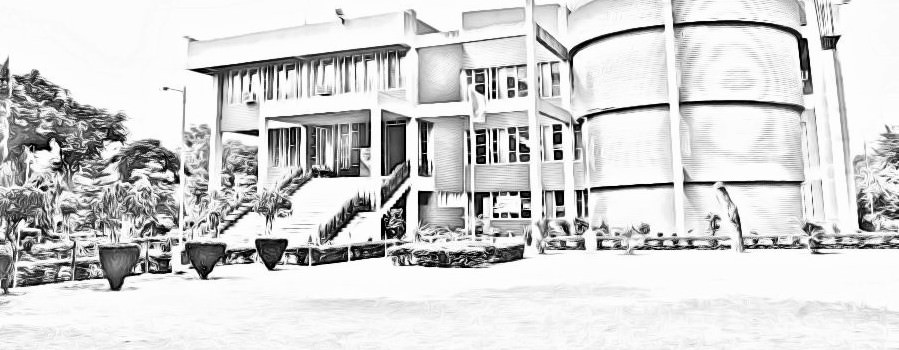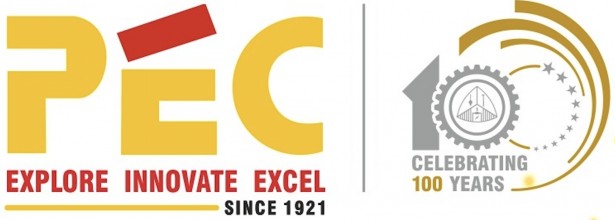
The Technical Education Quality Improvement Programme of Government of India (TEQIP)
The Technical Education Quality Improvement Programme aims to upscale and support ongoing efforts of GOI to improve quality of technical education and enhance existing capacities of the institutions to become dynamic, demand-driven, quality conscious, efficient and forward looking, responsive to rapid economic and technological developments occurring both at national and international levels.
The Project, Third phase of Technical Education Quality Improvement Programme (referred to as TEQIP-III) is fully integrated with the Twelfth Five-year Plan objectives for Technical Education as a key component for improving the quality of Engineering Education in existing institutions with a special consideration for Low Income States and Special Category States and support to strengthen few affiliated technical universities to improve their policy, academic and management practices.
Objectives
The Project will focus on the following objectives:
- Improving quality and equity in engineering institutions in focus states viz. 7 Low Income States (LIS1 ), eight states in the North-East of India, three Hill states viz. Himachal Pradesh, Jammu & Kashmir, Uttarakhand and Andaman and Nicobar Islands (a union territory (UT)),
- System-level initiatives to strengthen sector governance and performance which include widening the scope of Affiliating Technical Universities (ATUs) to improve their policy, academic and management practices towards affiliated institutions, and
- Twinning Arrangements to Build Capacity and Improve Performance of institutions and ATUs participating in focus states.
Participation of Institute in TEQIP-III
The Institute has been selected as a mentor institute (sub component 1.3) in TEQIP-III & assigned Jawaharlal Nehru Govt. Engineering College, Sundernagar (sub component 1.1) as a mentee institute vide the letter no. AC/TEQIP-III/MHRD/2017 received from NPIU on dated 30/07/2017. The TEQIP-III has already commenced from 1st April 2017 and shall conclude by 31st March 2020.






